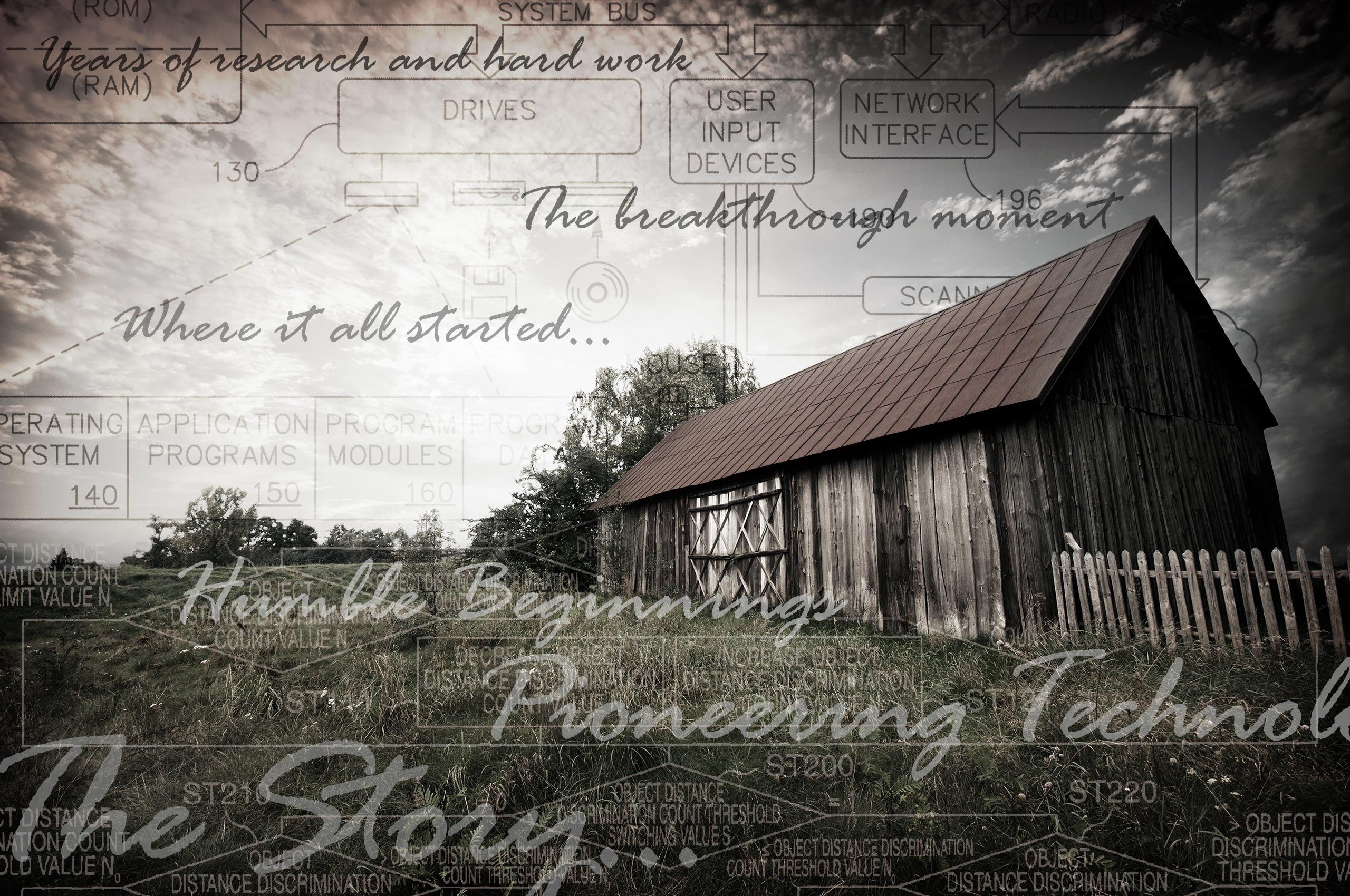In Intellectual Property Cases, It is Critical that Jurors Want to Find for You
By Matthew Kops, Ph.D. | Blueprint Trial Consulting
While working on an intellectual property case, we advised the trial attorneys on the importance of telling a “good company” story. We recommended focusing the client – the patent holder – as a pioneer in their field, developing a novel idea, then working very hard, and putting in a great deal of time and financial resources to develop the invention. The client replied “Sure, we can do that but I just cannot believe we’re talking about building up the company in an intellectual property case; this should all be about the technology.” Our experience is that juror decision-making in intellectual property cases is not typically focused on the details of the technology at issue. For intellectual property cases, crafting an invention story about the technology – whether it is the intellectual property or allegedly infringing technology – is often crucial to winning. Jurors need a reason to want to find for the Plaintiff or Defendant to win the lawsuit. They need to be convinced that one party deserves credit for inventing the technology or that the Defendant invented its own technology which is substantively different from the Plaintiff’s.
The technical infringement arguments are the cornerstone of each side’s case. Both sides in a dispute develop these arguments through their experts and trial counsel. The Plaintiff gives jurors a rationale to see the similarities between the intellectual property and accused technology. Defendants want jurors to see that there are key differences. Generally, both sides provide compelling arguments and evidence, and those arguments often achieve something akin to a stalemate.
The reason jurors typically find it difficult to evaluate the strengths of each side’s technical arguments lies is because they almost invariably have no expertise in the technologies at issue. Jurors are routinely left to choose between two equally strong, competing views of the technology in question that they have little if any knowledge or experience to choose between them. And this can be the case regardless of the level of technical complexity.
In this context, jurors need a rationale beyond the technical arguments to help them determine which side should prevail in these matters. Often, jurors will side with the party they feel deserves credit for inventing the technology in question. For jurors, perceptions of the circumstantial case story elements surrounding the invention of the technology drive this sense of who is more deserving and leads to a desire to find for one side over the other.
Here is where the broader invention story comes into play. How special and unique is the technology? Did the technology overcome a major problem? How big a leap was this technology from the previous standard? How long and hard did the inventor(s) work on the technology? How much expense was incurred? How did they finally make the breakthrough? How much risk did the inventor(s) take in pursuing the development of this technology? These aspects of an invention story provide the opportunity to craft an invention story that creates a perception of deservedness.
The case that demonstrates this point
A recent example occurred at a mock trial exercise in which the Plaintiff’s technical expert’s testimony was particularly poor. During the mock trial deliberations, jurors spent a great deal of time discussing the Plaintiff’s expert. He was a psychologist, with expertise in human perception, testifying about the computer technology at issue in the case. Jurors felt he did not explain how this technology worked or why the Defendant infringed the Plaintiff’s patents. The issue for the Defendants was that jurors did not understand the technology. So, rather than relying on the defense’s technical arguments that suggested there was no infringement, they instead relied on 1) the fact that plaintiff had patents related to this technology, 2) they (the jurors) could not tell the difference between the patents and the accused technology and 3) the Plaintiff’s compelling invention story. They wanted to find for the inventor and believed he deserved to win this lawsuit. Even with a poor technical expert, since jurors did not understand the technology, the Plaintiff was able to prevail because his invention story resonated so strongly with jurors.
The invention story in question
The inventor was an engineer who had worked at a big, well-known technology company for many years where he had become a very successful executive. Instead of staying at the company, he chose to leave in order to develop, at his own expense, novel ideas that he believed would be a technological advancement. He developed the intellectual property at issue in the case in order to solve a long-standing problem inherent in his field. He then looked to gain interest in developing the technology for commercial use by presenting his invention to the Defendant, a large technology company. The Defendant had failed to develop a successful product with this type of technology in the past. Following their meeting, the Defendant informed the Plaintiff that it was not interested in the technology. Then, a few years later, the Defendant developed what the plaintiff argued was the same technology he had shown to them. Based on this storyline, jurors were convinced that the Defendant had stolen the idea from the Plaintiff; so strong was their desire to find for the Plaintiff that they disregarded the testimony of the bad Plaintiff’s expert and were confident that the Defendant infringed the Plaintiff’s patents. Even though they were confused by the technical aspects of the technology, jurors readily accepted what they had been told by the Plaintiff were substantive similarities between the intellectual property and the accused technology.
A great invention story may not always trump a bad technical argument. Not every party to an intellectual property dispute will have such a compelling inventor story to rely on. There is, nonetheless, almost always a good invention story in a patent case – whether it is the intellectual property in question, or the technology accused of infringement. Developing this story can be even more crucial to winning than the technical arguments.
We do not suggest that technical infringement arguments and experts are irrelevant; they are very important. Jurors generally need to be given a solid basis upon which to justify their desire to find for a particular side. A good invention story will not always overcome a poor expert; the example simply highlights the importance of crafting a compelling invention story. We have also seen good experts impact jurors’ verdict decisions. When they do, it is often because they educate the jury about the technology at issue, convey the similarities or differences between the intellectual property and accused products and show how the development of the technology was important. Providing jurors with a compelling invention story and showing the importance of the technology are key issues for creating the perception of a party’s deservedness to prevail in an intellectual property case.



